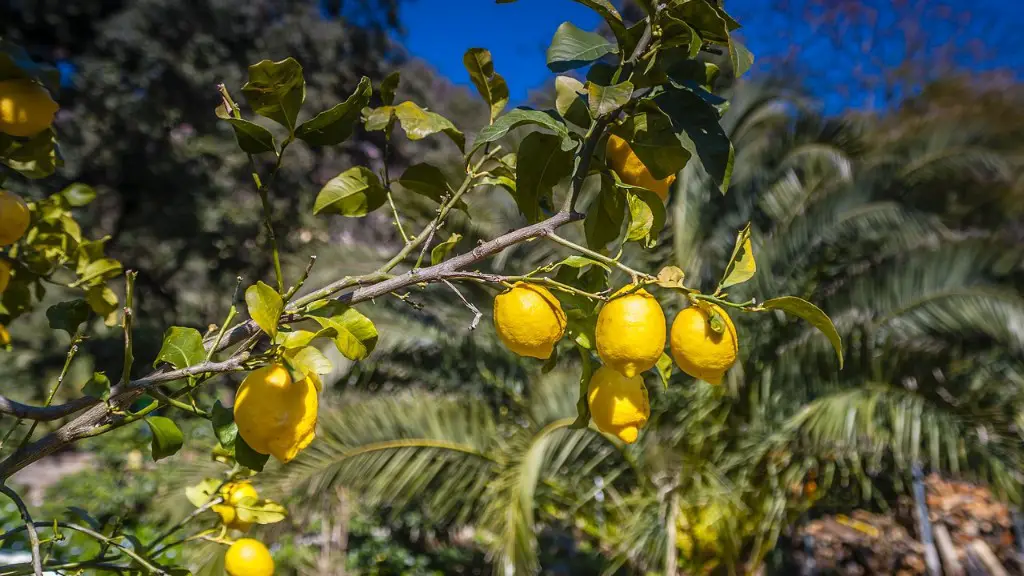Avocado is a versatile and nutritious fruit, increasingly popular and easily found in almost any supermarket across the world. Guacamole, as well as salads, milkshakes, sandwiches are some of the dishes it is used in. But have you ever stopped to wondering how long it takes an avocado tree to grow?
From the moment an avocado seed is planted, the process of it becoming a tree takes place as the seed germinates and the sapling, or small tree, begins to take shape. It is important to know that avocado trees are, in botanical terms, perennials, which means they grow from year to year and can live up to 80 years. This development process requires a little bit of patience, as the average time it takes an avocado tree to fully mature ranges from four to eight years.
The process of an avocado tree sprouting and growing is particularly long, slow and complex. A new avocado tree can take anywhere between five to thirteen months to start bearing fruits after planting. For an amateur avocado grower, in most cases the best conditions to begin devloping the tree can be found outdoors as they grow best in full sun, while some varieties can be grown indoors as long as they have access to enough sun.
After the germination period, the budding tree will enter the nursery stage and will start showing its first signs of character once it reaches six to twelve months of development. The tree will need to be pruned and properly maintained by then. Deer, squirrels and other pests may also need to be taken in consideration, as they may pose a threat to the crop progress during its full growth.
Once the tree reaches two years of development it can be transplanted and full pruning schedules begin. Pruning also helps strengthen the tree and encourages producing larger, better fruits. Apart from that, fertilizers are also necessary to contribute to the health and growth of the tree, as well as to guarantee a good production of fruits. Additionally, avocado trees also require their soil to be kept moist, but well-draining, to avoid the damages caused by excessive water.
To guarantee a fast and healthy growth, it is necessary to identify if the tree has fallen victim to pests or common diseases and act accordingly. Furthermore, even though patience is paramount, some mistakes can be made in the process which may cause the growing process to take longer. Finally, the weather can also affect the health and growth of the tree, making it particularly difficult. In some cases, certain weather conditions can even cause the tree to lapse into dormancy.
Summing up the Process
Typically, the avocado tree takes from four to eight years to mature. From germination to reaching full production of fruits, the process includes a moderately lengthy development period of between five to thirteen months, as well as regular fertilizers and pruning schedules. Additionally, there are some external factors that can affect the growth of the tree, such as the weather, pests, and possible diseases.
Caring for the Tree
To guarantee the tree’s health, proper and effective care is essential. As previously mentioned, it is essential to check on the tree frequently and take note of any fears or diseases. In the event of feeling any of the previously mentioned, it is important to use fungicides and insecticides as soon as possible as to guarantee a fast solution and the tree’s health. Additionally, the soil must be kept moist, but well-draining, as well as regular pruning and fertilizing schedules.
Alternative Harvesting Methods
Although the tree takes from four to eight years to reach full maturity, harvest it is not necessary for the tree to take this long for it to bear fruits. For example, in countries where the climate is more favorable for the growth of the tree, such as Mexico, avocado trees can begin bearing fruits from as early as two years of being planted. Therefore, depending on the regional climate, the harvesting process for avocados can take as little as two years.
Health Benefits of Avocado
Avocado is a healthier and nutrient-rich alternative that can be used as part of a balanced diet, as it contains a plethora of vitamins, minerals and health benefits. It is particularly rich in vitamins C, E and K, potassium, and is low in carbohydrates. All of those contribute to healthy skin,better vision,decrease the risk of diabetes, hypertension, and heart illnesses, as well as to promoting a healthier lifestyle.
The benefits of Growing Avocado
Apart from being a nutritious and versatile option for cooking, avocado can also bring a considerable income for its growers. Since most of its production happens in warm and tropical climates, such as in some countries of South America, Central America and Mexico, the price of the fruit often skyrockets throughout the year, offering the grower a reliable and steady income. Additionally, in times of drought and famine, avocados have been known to thrive in relative ease in comparison to other crops.

